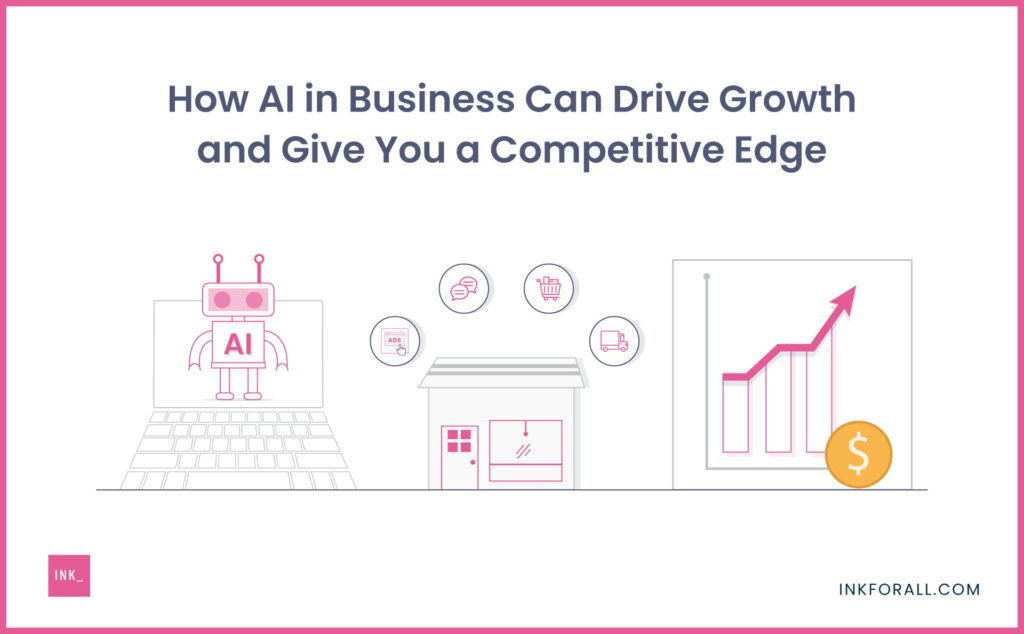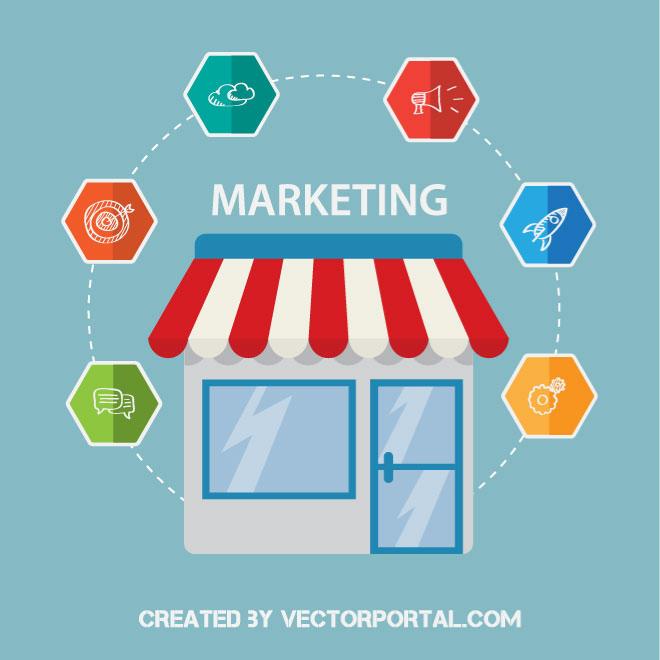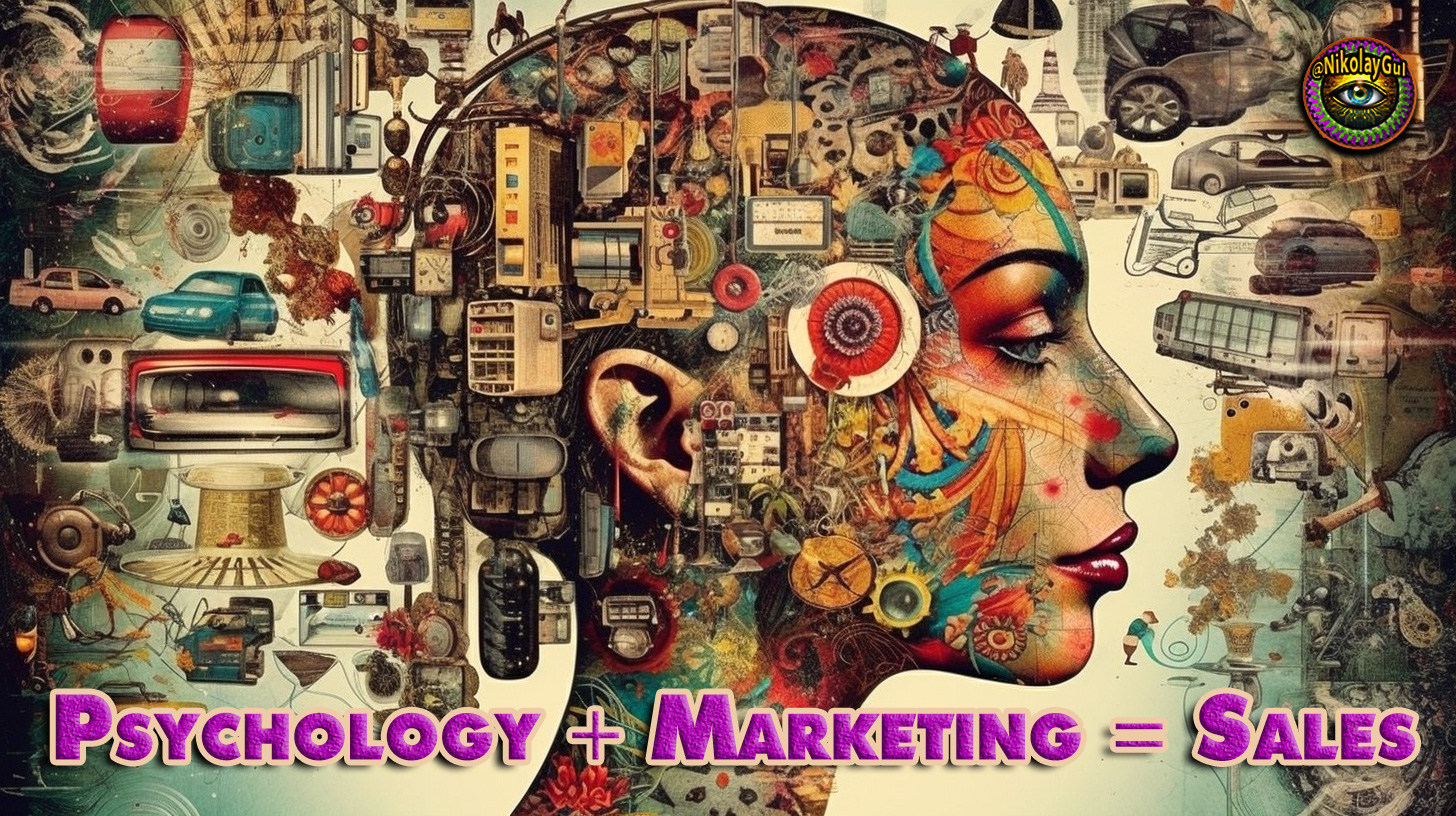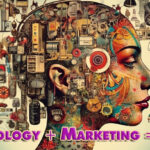AI in Marketing: Artificial intelligence (AI) is rapidly transforming how businesses approach marketing. It enables brands to create more personalized customer experiences, make data-driven decisions, and ultimately improve their return on investment (ROI). In this article, we will dive deep into seven proven AI-powered marketing strategies that can take your ROI to new heights.

Table of Contents
1. Personalized Customer Experiences with AI
H2: Leveraging AI for Hyper-Personalization
In today’s competitive landscape, generic marketing messages no longer cut it. Consumers expect brands to know their preferences and cater to their individual needs. AI makes this possible by analyzing customer behavior, purchase history, and engagement data. AI tools can create hyper-personalized content and recommendations tailored to each customer, driving higher engagement and conversions.
H3: Predictive Analytics for Customer Behavior
By utilizing AI-powered predictive analytics, marketers can predict customer behavior, such as what products they are likely to purchase next. This allows for targeted marketing campaigns that anticipate customer needs, leading to higher customer satisfaction and retention rates.
2. AI-Driven Content Creation
H2: Automating Content Production with AI
Content marketing remains a vital part of any strategy, but creating high-quality, engaging content can be time-consuming. AI content creation tools can generate personalized blog posts, product descriptions, and even social media updates in minutes. This frees up valuable time for marketers to focus on other critical tasks.
H3: Dynamic Content for Real-Time Engagement
AI can analyze customer interactions in real-time and modify content dynamically to resonate better with the audience. For example, personalized product recommendations or special offers can appear based on the visitor’s browsing behavior, increasing the likelihood of a sale.

3. AI-Powered Chatbots for Customer Support
H2: Improving Customer Support with AI Chatbots
AI-powered chatbots are revolutionizing customer service by offering instant, 24/7 support. These chatbots can handle simple customer queries, process orders, and provide product information, all while freeing up human agents for more complex issues.
H3: Enhancing User Experience with AI Chatbots
With AI, chatbots are becoming more sophisticated in understanding natural language. This allows them to offer a seamless, human-like experience, ensuring that customers are satisfied and stay engaged with the brand.
4. AI in Email Marketing (AI in Marketing)
H2: Optimizing Email Campaigns with AI
AI helps marketers create more effective email campaigns by segmenting audiences and personalizing messages based on user behavior. AI tools can recommend the best times to send emails, ensuring higher open rates and engagement.
H3: Automated Email Follow-Ups
AI can also automate follow-up emails based on user interactions, such as abandoned cart reminders or post-purchase thank you messages. This helps brands stay top-of-mind and encourages repeat business.

5. Programmatic Advertising with AI
H2: Smarter Ad Placement with AI
AI-driven programmatic advertising allows marketers to automatically buy and optimize ads in real-time. This ensures ads are shown to the right audience at the right time, reducing wasted ad spend and maximizing ROI.
H3: AI for Ad Creative Optimization
Beyond ad placement, AI tools can analyze ad performance and make real-time adjustments to the creative elements, such as headlines, images, or calls-to-action. This continuous optimization leads to better engagement and conversion rates.
6. AI for Social Media Marketing
H2: Social Media Listening with AI
Social media listening is the process of monitoring online conversations and analyzing mentions of a brand, product, or industry. By leveraging artificial intelligence (AI), businesses can enhance their social media listening capabilities, gain deeper insights, and make more informed decisions.
Key benefits of using AI for social media listening:
- Real-time monitoring: AI-powered tools can process vast amounts of data in real-time, allowing businesses to identify and respond to emerging trends, crises, or opportunities promptly.
- Sentiment analysis: AI algorithms can accurately analyze the sentiment expressed in social media posts, helping businesses understand public opinion and gauge customer satisfaction.
- Topic modeling: AI can identify and group related topics within social media conversations, providing valuable insights into customer interests and preferences.
- Competitive analysis: By monitoring competitors’ social media activity, businesses can identify their strengths, weaknesses, and potential areas for improvement.
- Customer service: AI-powered chatbots can handle routine customer inquiries and provide immediate responses, improving customer satisfaction and reducing response times.
How AI is used in social media listening:
- Natural language processing (NLP): AI algorithms can understand and interpret human language, enabling them to extract meaningful information from social media posts.
- Machine learning: AI models can learn from historical data and adapt to changing patterns, improving their accuracy over time.
- Sentiment analysis: AI algorithms can analyze the emotional tone of social media posts, identifying positive, negative, or neutral sentiment.
- Topic modeling: AI can identify and group related topics within social media conversations, providing valuable insights into customer interests and preferences.
Challenges and considerations:
- Data quality: Ensuring the accuracy and reliability of social media data is crucial for effective AI-powered listening.
- Privacy concerns: Businesses must comply with privacy regulations and handle customer data responsibly.
- Algorithm bias: AI algorithms can be biased if trained on biased data, leading to inaccurate results.
- Integration with existing systems: Integrating AI-powered social media listening tools with existing business systems can be challenging.
By effectively leveraging AI for social media listening, businesses can gain valuable insights into customer behavior, identify emerging trends, improve customer service, and enhance their overall brand reputation.
H3: Predictive Social Media Analytics
Predictive social media analytics is a valuable asset for businesses seeking to gain a competitive edge in today’s digital landscape. By analyzing historical data, identifying patterns, and applying machine learning algorithms, businesses can anticipate future trends, behaviors, and outcomes. This enables them to make informed decisions, optimize marketing campaigns, and stay ahead of the curve.
Key components of predictive social media analytics include data collection, data cleaning and preparation, feature engineering, model selection and training, model evaluation, prediction, and visualization. By effectively implementing these steps, businesses can extract valuable insights from social media data.
Applications of predictive social media analytics are vast. Sentiment analysis helps businesses understand public opinion and brand perception, while trend forecasting allows them to identify emerging trends and anticipate changes in consumer behavior. Customer segmentation enables tailored marketing campaigns, and crisis management helps businesses respond proactively to potential crises. Additionally, campaign optimization and competitive analysis can be greatly enhanced through predictive analytics.
While predictive social media analytics offers numerous benefits, it is essential to address challenges such as data quality, privacy concerns, algorithm bias, and the ever-changing nature of social media platforms. By carefully considering these factors, businesses can maximize the value of predictive analytics and leverage its power to achieve their goals.
7. AI for Marketing Analytics and Insights
H2: Data-Driven Decision Making with AI
AI enables marketers to sift through vast amounts of data and extract meaningful insights, providing a clearer understanding of customer behavior, campaign performance, and ROI. This data-driven approach helps marketers refine their strategies for optimal results.
H3: Real-Time Analytics for Better Campaign Performance
With AI, marketers no longer have to wait for weeks to see the results of their campaigns. AI-powered analytics platforms provide real-time feedback, allowing for instant adjustments that can improve campaign effectiveness and ROI.
Conclusion: The Future of Marketing is AI-Powered
AI is no longer a futuristic concept—it’s here, and it’s revolutionizing how businesses approach marketing. From hyper-personalized customer experiences to programmatic advertising, AI provides marketers with the tools to increase efficiency and maximize ROI. By implementing these seven AI-powered strategies, your marketing efforts will not only become more effective but also more targeted, resulting in better customer satisfaction and long-term growth.
click here for Samsung mobile
FAQs
- How can AI help improve my marketing ROI?
AI optimizes your marketing strategies through automation, personalization, and predictive analytics, all of which contribute to more effective campaigns and higher ROI. - What are some common AI tools used in marketing?
Popular AI tools include chatbots, AI-powered content creation software, predictive analytics platforms, and programmatic ad-buying systems. - Is AI suitable for small businesses?
Yes, AI tools are scalable and can be used by businesses of all sizes to improve marketing efficiency and performance. - How does AI enhance customer personalization?
AI analyzes customer data to deliver personalized content, recommendations, and offers, creating a tailored customer experience. - What is the future of AI in marketing?
The future of AI in marketing lies in continued automation, advanced customer insights, and more sophisticated tools to enhance customer engagement and optimize ad spending.









